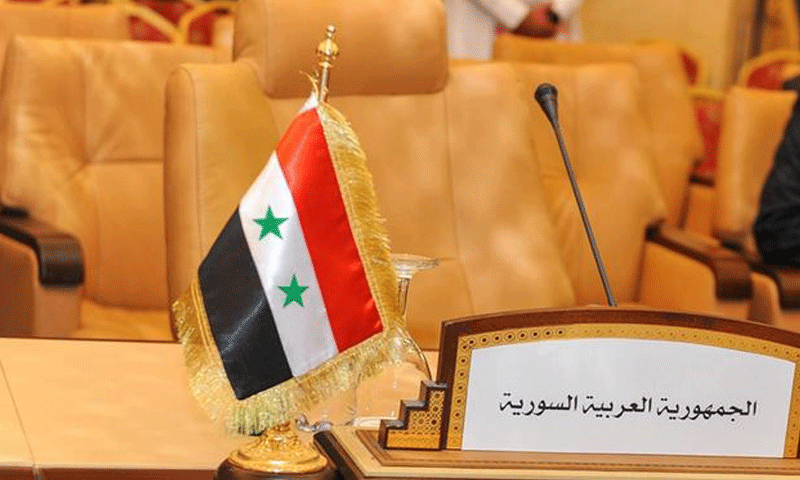Hassan Haani Zadeh in an interview with the site of Strategic Council on Foreign Relations stated:” according to available reports Saudi Arabia has supplied terrorist group-lets active in Syria such as ISIS, Jebhatol Nosrah, Jaishol Islam, Feylagh Or-Rahman, Levaa At-towhid, , Liberation Army, Al-Qaeda and Leva Al-Baraa more than $ 80 billion financial aids within the past decade”.
According to the expert, the objective of these countries that played a destructive role on behalf of the U.S. and the Zionist regime in Syrian crisis was to topple the Syrian government and sever Tehran – Damascus – Beirut axis and ultimately striking the Resistance front.
He emphasized:” steadfastness of Syrian armed forces as well as Iran, Russia and Hezbollah aids extended to Bashar Assad government caused the liberation and purgation of more than 95% of Syrian soil from the dirt of terrorist group-lets. During the period, more than 150000 of dangerous terrorist elements from 80 different countries of the world occupied important parts of the Syrian territories within the framework of 170 terrorist organizations but they gradually had to escape while suffering heavy losses and casualties”.
The expert of the Middle East continued to say:” But ultimately, the Syrian government managed to relatively control the situation. Today, having employed the popular forces estimated to be as big as 60000 fighters succeeded to suppress terrorist group-lets”.
On the present relations of some Arab states with Syria he also explained:” As the field conditions changed and gradual exit of Syria from ten year old breath-taking crisis, some of Arab states such as UAE and Saudi Arabia adopted the policy of accompanying with Bashar Assad government”.
According to Haani Zadeh, Saudi Arabia and UAE intend to give financial bonuses to Syria and thus to approach the government of Bashar Assad and to achieve the same objectives they could not attain in assisting the terrorist group-lets”.
The expert of the Middle East commented on Damascus government looking towards the close relations with Persian Gulf Arab states and said:” Syria has always adopted a policy not to reject the friendship hands extended by Arab countries towards it even if they were hostile to this country at a time. The policy was practiced even during the late Hafez Assad, the father of Bashar Assad and the former president of Syria”.
He added:” because of being a poor country for natural resources, Syria relies on financial aids of the Persian Gulf rich countries. Presence of hundreds of thousands of labor force in the Persian Gulf Arab states as suppliers of a part of hard currency demands to this poor country has helped Syria not to disconnect these links even in her worst circumstances”.
He explained:” it is certain that Syria adopts complicated policies. Based on his late father Hafez Assad historic last will and his own experience, Bashar Assad will, under no circumstance, be deceived by the bonuses of Saudi Arabia and UAE, and by no means will sever his relations from Iran”.
Haani Zade commented on the historic looking of Damascus towards the issue and said:” the late Hafez Assad as the leader of Syria from 1970 to 2000 had emphasized to his children before his death many times that Iran is the strategic depth of Syria and regional as well as global events should not affect Tehran- Damascus relations”.
He added:” the late Hafez Assad as a charismatic politician and very smart leader responded to the question posed by the reporter of the New York Times newspaper in 1988 about the reason of strengthened relations between Syria and Iran and said:” There would be a time when majority of Arab states would enter into war with Syria and It would be only Iran who would rush to help Syrian nation. Now, the prediction of the late Hafez Assad has become materialized”.
Haani Zadeh said ultimately:” therefore, some speculations upon the rapprochement of relations between Syria and some Persian Gulf Arab states would mean downgrading of relations between Syria and Iran is inaccurate, because Bashar Assad is smarter and cleverer than to be deceived by the winks of the rulers of these countries”.










0 Comments